
Top 10 Nutrients in Foods that Clean Your Arteries Fast
Cardiovascular disease, which includes heart attack and stroke, is a major global killer, but the good news is that it’s largely preventable. The main culprit behind many of these conditions is atherosclerosis, commonly known as plaque buildup in our arteries. This plaque can block blood flow, leading to serious health issues.
Today, we’re diving into the top 10 nutrients found in foods that can help naturally clean out your arteries, lower blood pressure, and ultimately reduce your risk of heart disease and stroke. Remember, it’s always best to chat with your doctor about any health concerns.
10. Berberine: The Yellow Compound

Kicking off our list at number 10 is berberine. This is a yellow compound found in plants like Oregon grape, barberries, and goldenseal. Berberine is known for its ability to help reduce insulin resistance, which is a significant factor in heart failure and high blood pressure. When your blood sugar levels are consistently high, it can damage the inner walls of your arteries. This damage creates an environment where cholesterol, fat, calcium, fibrin, and cellular waste can stick, forming plaque.
If this plaque breaks off, it can form a blood clot, blocking blood and oxygen flow to the heart, which can lead to a heart attack. Berberine acts as an AMPK activator, meaning it helps your cells take in glucose and fats for energy. Its blood sugar-lowering effects are often compared to metformin, a common diabetes medication. Studies suggest berberine can improve blood sugar, blood fats, and blood pressure in people with type 2 diabetes.
9. Omega-3 Fatty Acids: For Heart Health

Coming in at number nine, we have omega-3 fatty acids. Fatty fish like mackerel, wild salmon, trout, and oysters are excellent sources. The EPA and DHA in fish oil are well-known for their ability to lower triglyceride levels. High triglycerides, a type of fat in your blood, are often linked to obesity, metabolic syndrome, and an increased risk of cardiovascular disease. Even if your triglyceride levels are normal, omega-3s can help reduce inflammation and high blood pressure, thereby reducing plaque formation and the risk of atherosclerosis.
8. L-Carnitine: Energy for Your Heart

At number eight is L-carnitine. This nutrient is important for energy metabolism and cardiovascular health. One study published in the American Journal of Clinical Nutrition found that L-carnitine helped reduce oxidized LDL cholesterol levels in patients with type 2 diabetes. LDL cholesterol is often called “bad” cholesterol because it contributes to atherosclerosis. For individuals who have had a heart attack, adding L-carnitine to their treatment might reduce the risk of abnormal heart rhythms and chest pain caused by poor circulation.
L-carnitine is derived from amino acids and is found in almost every cell in the body. About 75% of the carnitine in our diet comes from animal products like red meat, eggs, fish, and dairy.
7. Venotonics: Improving Blood Flow

If you experience poor circulation in your legs and feet, consider number seven: venotonics. These are substances that improve blood flow from the legs back to the heart. They are used to treat chronic venous insufficiency, a condition where leg veins don’t allow blood to return to the heart properly, causing blood to pool and leading to swollen legs and varicose veins. Venotonics can help reduce leg swelling and improve varicose veins, especially for those who sit for long periods.
Natural venotonics include horse chestnut, butcher’s broom, red vine leaf, and sweet clover. Certain extracts, like French maritime pine bark extract (Pycnogenol), can also boost nitric oxide production, which improves blood flow and can help lower blood pressure.
6. Grape Seed Extract: Aiding Circulation

Moving on to number six, we have grape seed extract. Like other flavonoids found in cocoa and pine bark, the procyanidins in grape seeds can support nitric oxide levels. Grape seed extract has been shown to help lower blood pressure and improve oxygen delivery to the heart, potentially reducing the risk of heart disease.
5. CoQ10: The Body’s Antioxidant

At number five is CoQ10, also known as Coenzyme Q10. This is a molecule naturally produced by the body that helps mitochondria in our cells create energy. CoQ10 levels can decrease due to heart attack, certain cholesterol-lowering drugs, various diseases, or simply aging. Supplementing with CoQ10 can increase HDL, or “good” cholesterol, and lower inflammatory markers, both of which are risk factors for heart disease. For those who have experienced a heart attack, CoQ10 may reduce the risk of further heart complications. It’s an antioxidant that can help lower both systolic and diastolic blood pressure.
Good sources of CoQ10 include organ meats, fatty fish, legumes, nuts, seeds, and cruciferous vegetables. Other common sources are beef, salmon, peanuts, and soybeans.
4. Resveratrol: From Grapes and Berries

Coming in at number four is resveratrol. This plant compound, found in the skins of grapes and berries, has several health benefits. One of its key benefits is lowering blood pressure by acting as an antioxidant. Studies suggest it may also help improve insulin sensitivity, reduce fat stores, blood lipids, and inflammatory markers.
You can find resveratrol in foods like grapes, wine, blueberries, peanuts, and pistachios.
3. Taurine: For Regular Heartbeats

At number three is taurine. While often found in energy drinks, taurine is an amino acid naturally abundant in the body, particularly in heart tissue, where it helps maintain normal heart rhythms. In people with heart failure, short-term taurine supplementation has been shown to improve cardiovascular function. Some research also suggests taurine might have beneficial effects on blood pressure in those with hypertension.
Foods high in taurine include shellfish, organ meats, eggs, seaweed, beef jerky, salmon, and lamb.
2. Lycopene: The Red Powerhouse
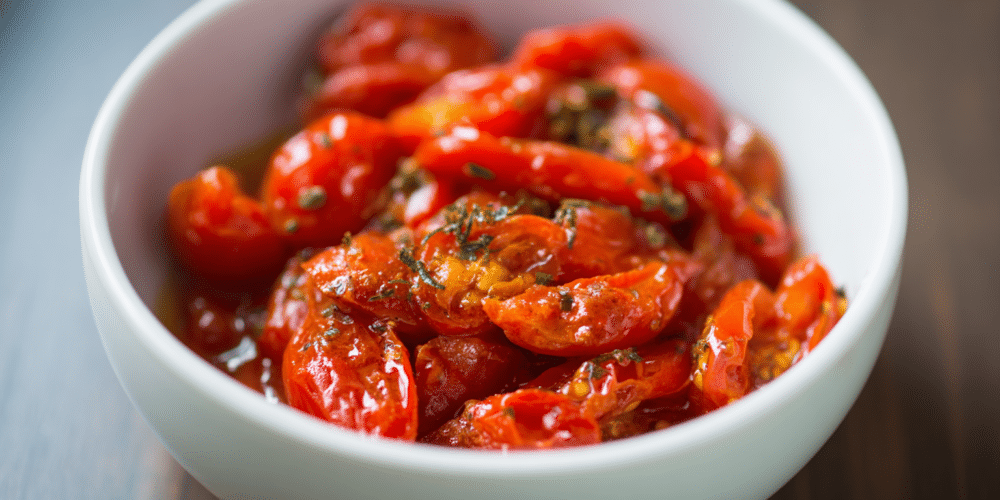
Number two on our list is lycopene. This is a phytonutrient found in red-colored foods, especially cooked tomatoes. Lycopene helps reduce free radical damage, total cholesterol, and LDL cholesterol levels, potentially lowering the risk of developing heart disease. A long-term study found that individuals with higher blood lycopene levels were significantly less likely to develop heart disease or stroke.
1. Vitamin K1 and K2: Arterial Flexibility

Finally, at number one, we have Vitamin K1 and K2. Both forms of vitamin K are linked to good cardiovascular health. A study found that people with a diet rich in vitamin K had a lower risk of peripheral artery disease. You might have heard of arterial stiffness, which is essentially calcium deposits in the blood vessel walls, a component of plaque in atherosclerosis. Vitamin K2 is particularly helpful in reducing arterial calcification and stiffness by helping to move calcium away from the arteries and towards the bones where it’s needed.
Vitamin K1 is found in dark leafy greens like broccoli, spinach, and kale. The best sources of K2 include natto (a fermented soybean dish), liver, chicken fat, butter, sauerkraut, and egg yolks.
These top 10 nutrients and the foods that contain them can play a significant role in cleaning out your arteries and supporting your heart health. Remember, this information is for educational purposes and not a substitute for medical advice.
News in the same category

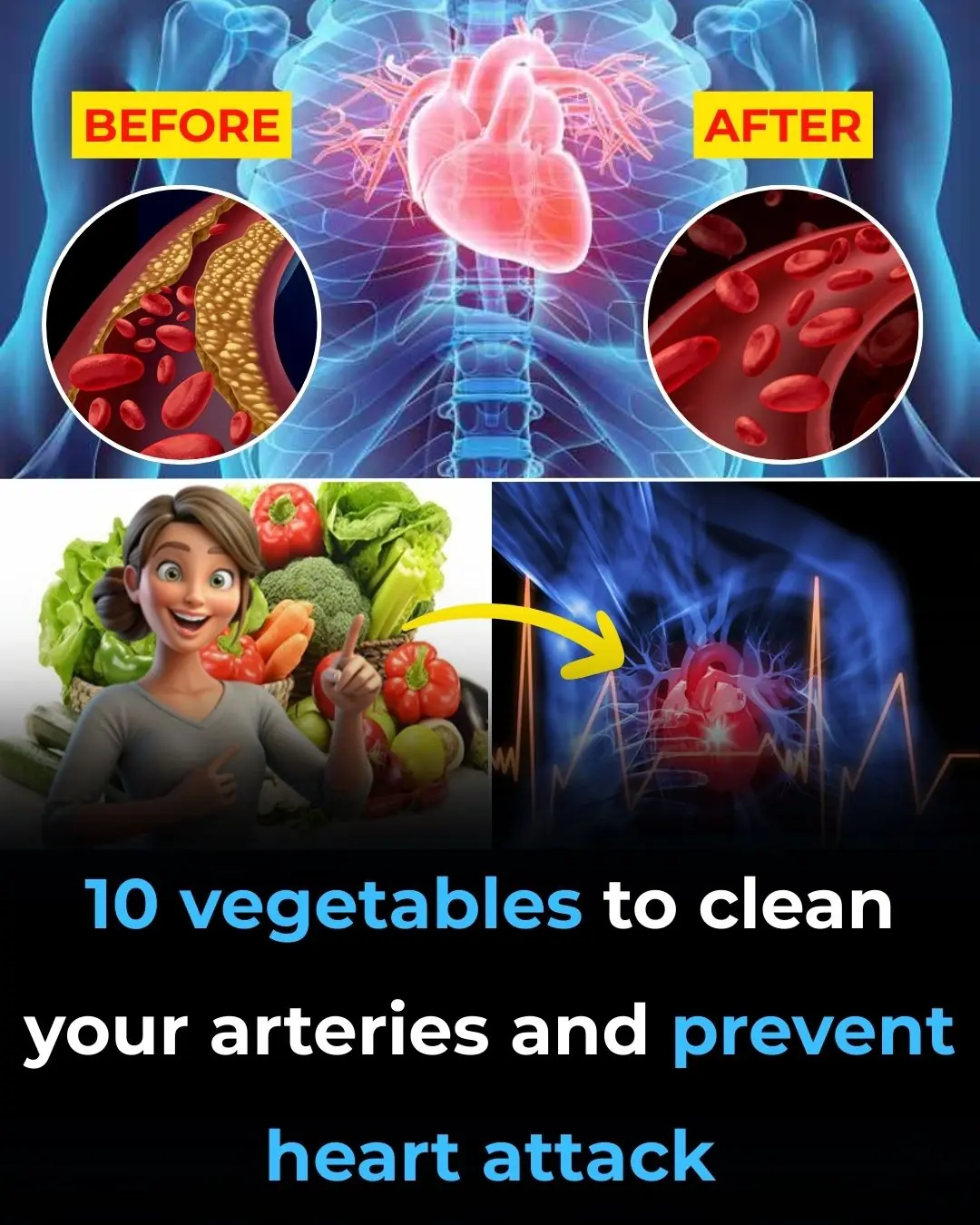
Vegetables To Clean Your Arteries And Prevent Heart Attack
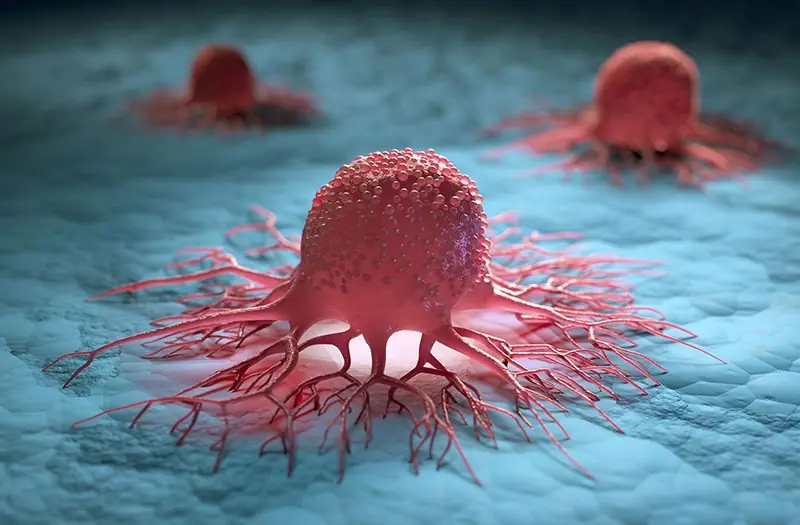
Pain in This Part of the Body Could Indicate Cancer Cells are 'Awakening' – Both Men and Women Shouldn't Ignore It
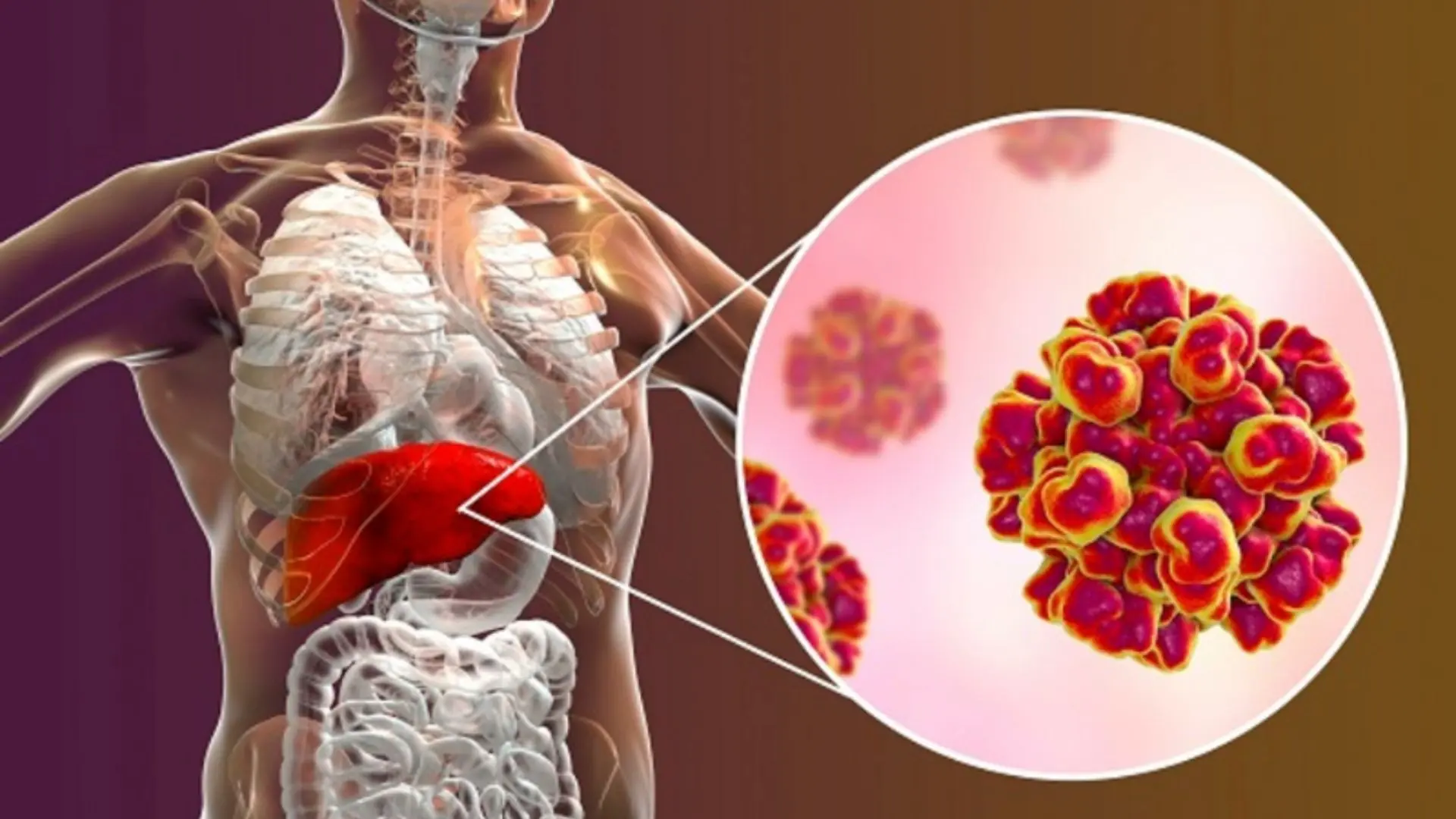
10 Unconventional Signs of Liver Damage You Must Know About
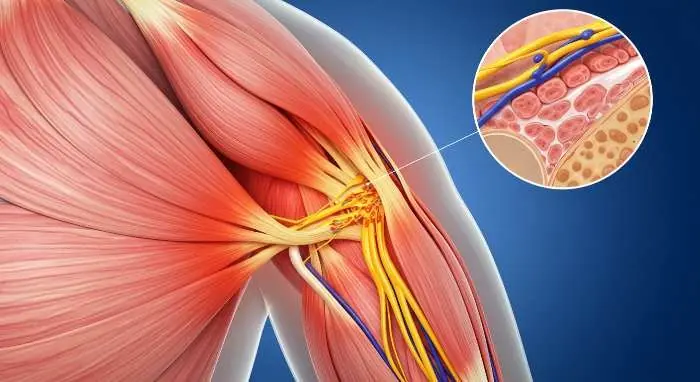
14 Early Warning Signs You're Dangerously Low on Magnesium
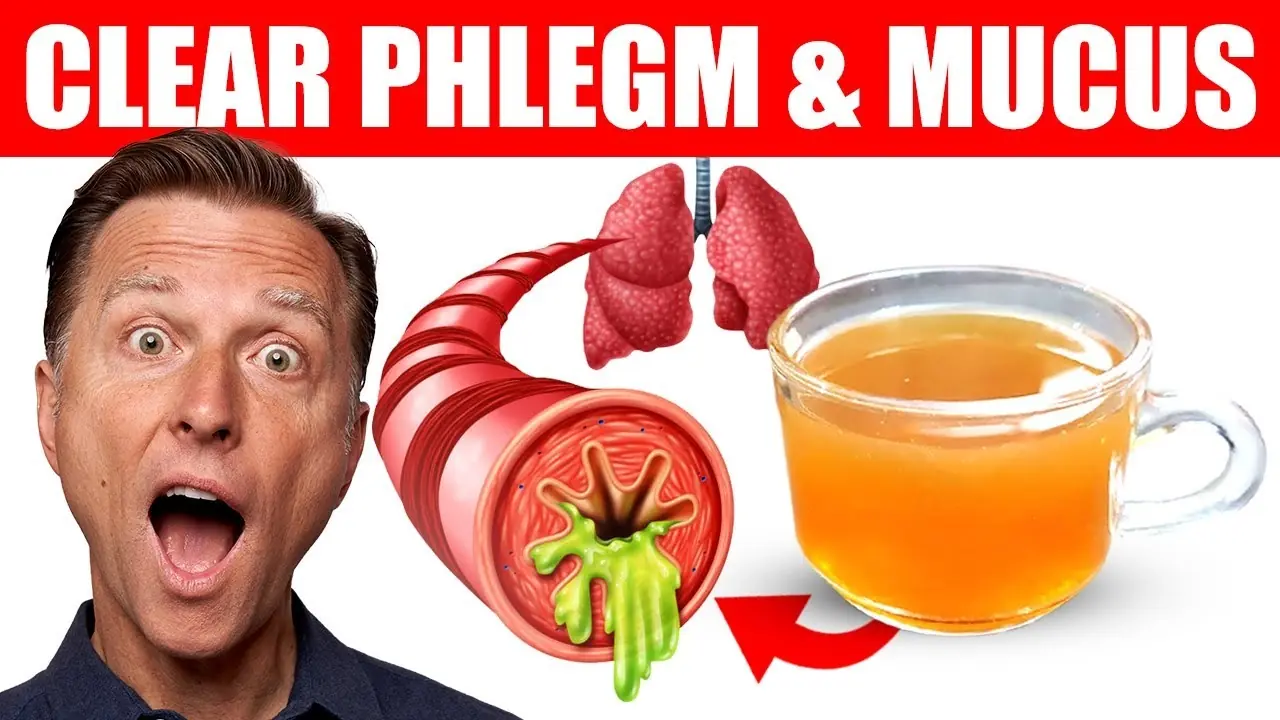
How To Get Rid Of Phlegm and Mucus In Chest and Throat

Burnout: Tips for Coping When You Can’t Just Quit
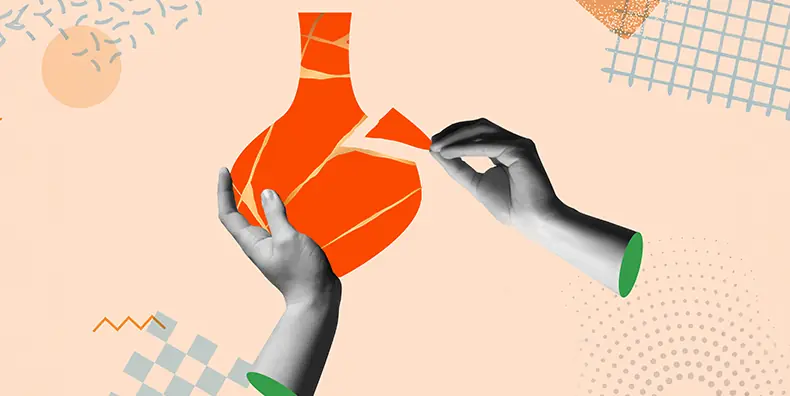
Beautifully Unbroken: Living Fully and Imperfectly With Bipolar
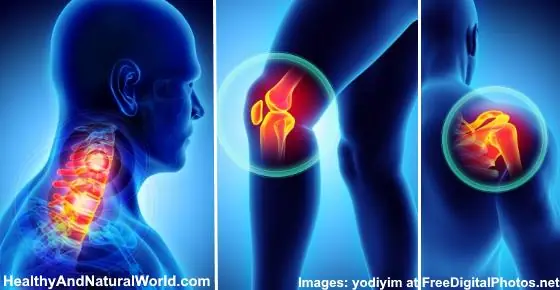
How to Get Rid of Muscle Soreness: Home Remedies That Really Work

15 Common Cancer Symptoms You Shouldn’t Ignore
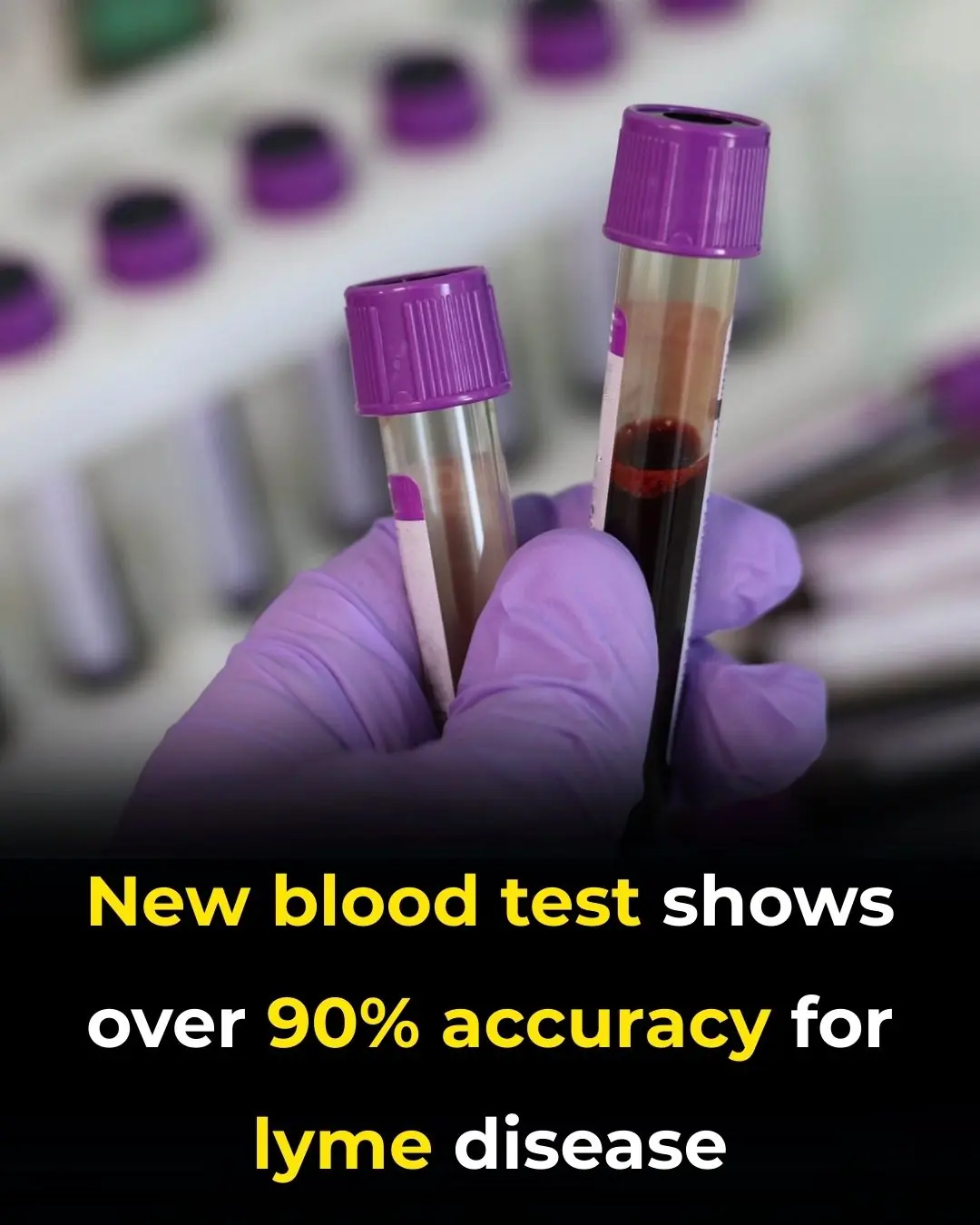
New Blood Test Shows Over 90% Accuracy for Lyme Disease

Is AI Use Causing Endoscopists to Lose Their Skills?

Florida Man Struck by Lightning Wakes Up With Heart Beating 265 Times a Minute
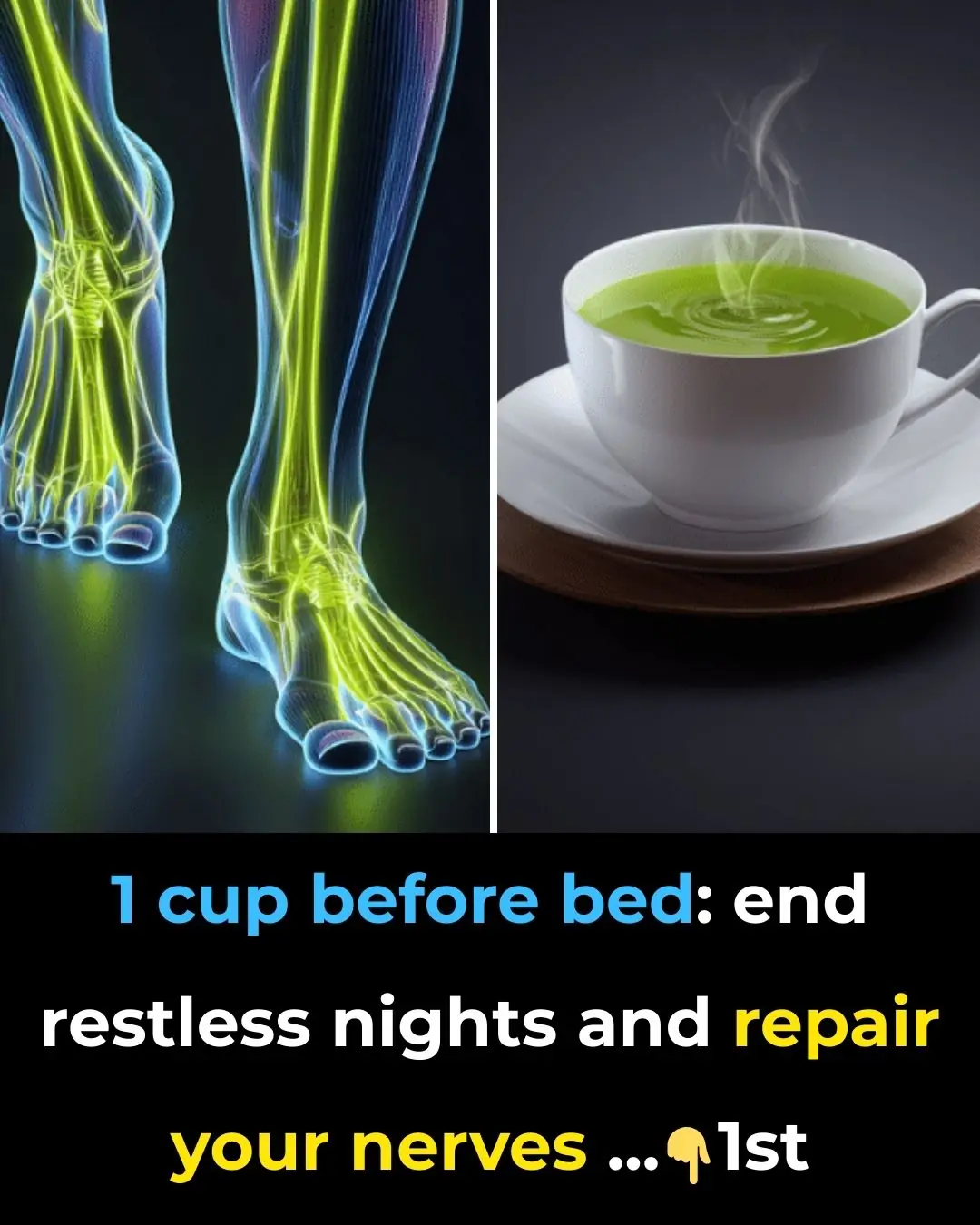
1 cup before bed: end restless nights and repair your nerves

Scientists Uncover A Natural Way to Restore Vision

Remedy For Falling Asleep Quickly

Sleeping Enough But Still Tired

Ways Your Body Secretly Tells You You’re Stressed

How to effectively cleanse your lungs in just 72 hours
News Post

What Is This Button In The Car For

How Long Cooked Food Can Stay In The Refrigerator

If You Eat Eggs Every Day

Vegetables To Clean Your Arteries And Prevent Heart Attack

Pain in This Part of the Body Could Indicate Cancer Cells are 'Awakening' – Both Men and Women Shouldn't Ignore It

10 Unconventional Signs of Liver Damage You Must Know About

14 Early Warning Signs You're Dangerously Low on Magnesium

How To Get Rid Of Phlegm and Mucus In Chest and Throat

Burnout: Tips for Coping When You Can’t Just Quit

Beautifully Unbroken: Living Fully and Imperfectly With Bipolar

Unbelievable: China is About to Launch the First ‘Pregnancy Robot’ to Carry a Baby

This Is How These 10 Worldwide Famous Kids Look Like Now

How to Get Rid of Muscle Soreness: Home Remedies That Really Work

15 Common Cancer Symptoms You Shouldn’t Ignore

New Blood Test Shows Over 90% Accuracy for Lyme Disease

Is AI Use Causing Endoscopists to Lose Their Skills?

Florida Man Struck by Lightning Wakes Up With Heart Beating 265 Times a Minute

What Does It Mean To Wear a Ring On The Right Hand

Hotel Workers Reveal What Goes On
